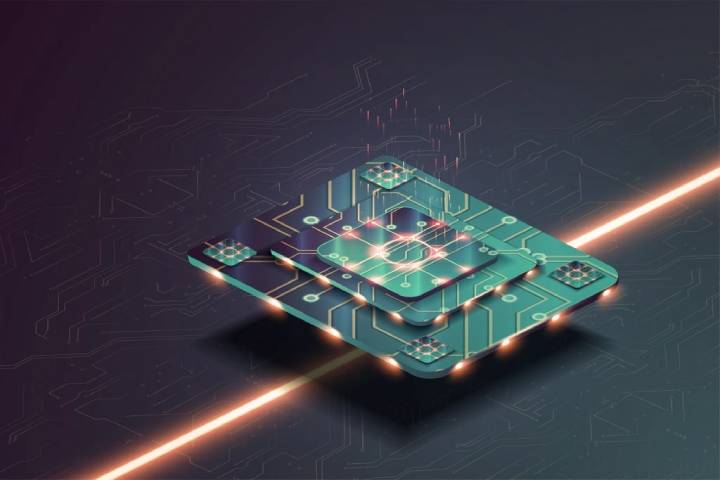Quantum computers are improving rapidly, but unfortunately, this progress may soon slow down. There is a serious obstacle to creating practical quantum computers: qubits have a very short coherence time, i.e., can remain in a superposition state for a very short time. The reason is that they are sensitive to external disturbances such as heat, magnetic and electric fields, or even the faint radiation that constantly surrounds us.
One of the most serious sources of such interference is cosmic rays and the cascade of secondary particles that they generate. In a new study, researchers at the Massachusetts Institute of Technology (MIT) and the Pacific Northwest National Laboratory (PNNL) set out to quantify the vulnerability of quantum computers to threats from space.
To measure the effect of radiation, the researchers placed copper disks irradiated in the institute’s nuclear reactor next to the superconducting qubits. Under the influence of strong neutron flux, many unstable Cu-64 isotopes appeared in the disks, possessing the properties necessary for the experiment.
To minimize other interference, the experiments were carried out inside a refrigerator, which was about 200 times colder than in the vacuum of space. The second irradiated copper disk was a reference: it was examined outside the fridge to measure how much radiation the quantum system received.
Using this setup and simulation results, the team determined that cosmic rays limited the coherence time to about four milliseconds. This figure was confirmed by further experiments in which a radiation shield was placed between copper disks and qubits. Although it does help protect the qubits, it is far from the most practical solution – a two-ton wall of lead bricks served as a radiation shield in the experiments.
Thus, the experiment clearly showed that to get the most out of quantum computers, we need to create them with adequate protection, for example, hide them deep in underground mines, like equipment for catching neutrinos.
But on the other hand, as noted by the author of the publication of this study in the journal Nature, William Oliver (William Oliver), if we want to build a quantum computing industry, we will have to think about how to compensate for the effects of radiation on the surface.
“We can think of designing qubits to be ‘radiation-resistant and less sensitive to quasiparticles, or design traps for quasiparticles to divert them away from the qubit, even if they are continuously generated by radiation. So this is definitely not a point, but only a transition to a new level (of research),”
Also Read: How To Organize Remote Workplaces For Employees: 3 Ways








